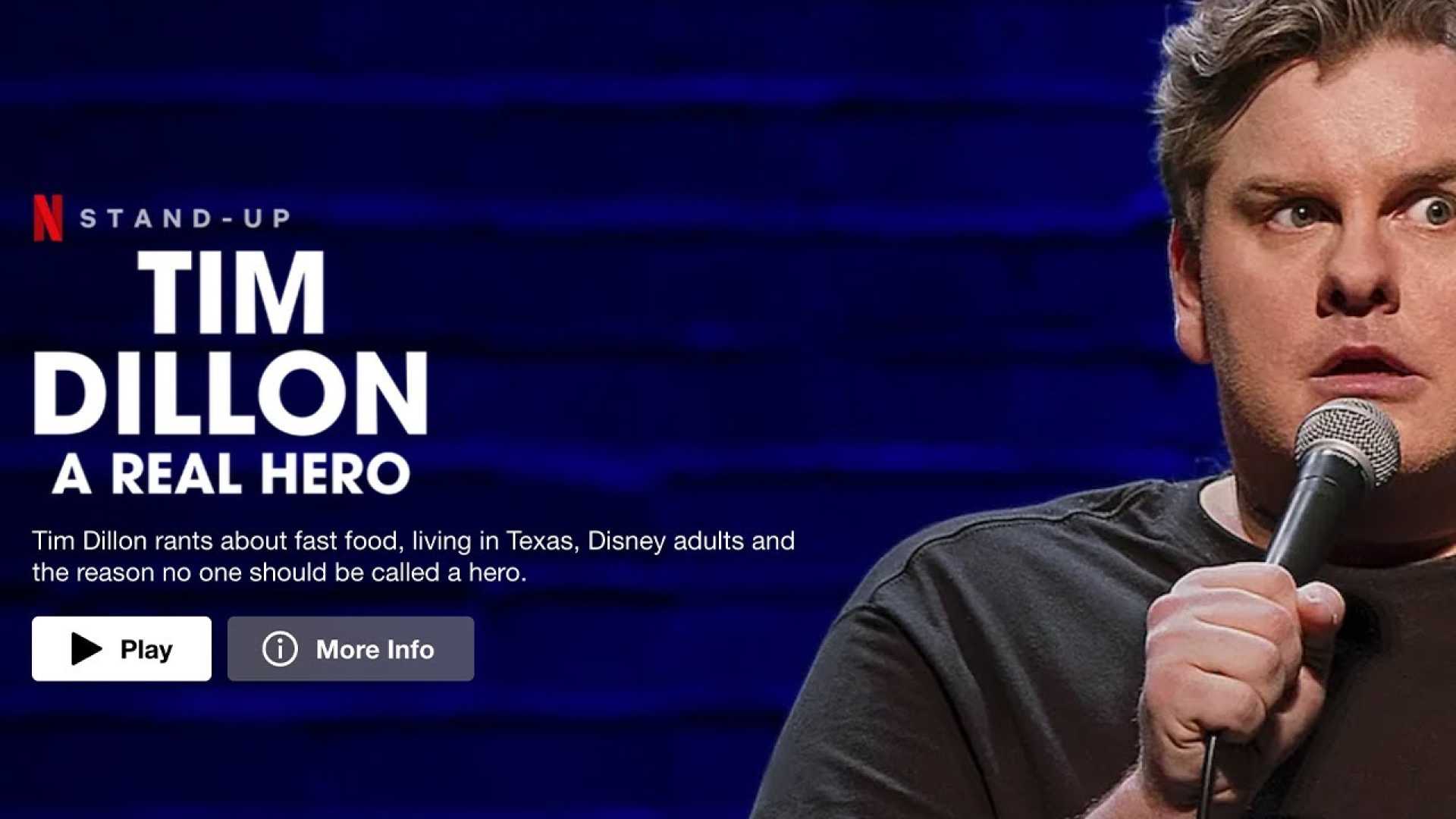Politics
Tim Dillon Critiques Democrats’ Engagement with Male Voters in Trump Era

LOS ANGELES, Calif. — Comedian Tim Dillon shared his views on the shifting political landscape during a recent interview, emphasizing that Democrats need to rethink their approach to engaging male voters, especially in the wake of former President Donald Trump‘s resurgence.
Dillon, known for his provocative style, argued that Democrats cannot alienate straight, white men and then expect their votes in future elections. “You can’t go to war with straight white men for four years and then ask why they didn’t vote for you,” Dillon told CNN. His comments underscore a growing concern among political analysts that the Democratic Party must adapt to a new era of media and influence.
The comedian’s latest Netflix special, “I am Your Mother,” debuted to significant viewer interest, climbing into Netflix’s Top 10 shortly after release. This increasing popularity positions Dillon as part of a new wave of digital entertainers who wield significant influence over younger audiences, particularly men under 40.
Historically, individuals in Dillon’s demographic and industry have been credited with contributing to Trump’s 2016 electoral win. Dillon suggested there is a disconnect between what these entertainers create and the political arena. “I made fun of Meghan Markle a lot. I can’t then go, ‘Why don’t you think Meghan Markle is watching my special?’” he remarked, suggesting that entertainers must be mindful of their audience’s interests and beliefs.
In recent years, the landscape of political commentary has seen comedians crossing into territories previously dominated by journalists and political commentators. As evidenced by Dillon’s work, politicians are now recognizing the power of reaching audiences through platforms like podcasts and stand-up performances. Dillon pointed out that Trump’s team adeptly capitalized on this shift by engaging with a variety of entertainers, from podcasters like Joe Rogan to social media influencers like the Nelk Boys.
“He understands social media and using it to communicate,” Dillon said of Trump, asserting that the former president has effectively turned the traditional concept of campaigning into a digital reality show, resonating with a substantial segment of voters.
The discussion continues, with political strategists noting how critical it has become for Democrats to connect with digital creators to regain ground lost to Trump’s celebrity-driven campaign. With Democrats acknowledging a need to penetrate digital spaces more robustly, they have begun exploring how to engage comedians and influencers to shift public perception.
Programming from established Democratic figures has, thus far, struggled to command the same digital attention as their Republican counterparts. A recent report from Media Matters illustrated that conservative online content has amassed five times more followers than left-leaning media. The common sentiment among Democratic strategists is that they have lost ground in shaping cultural conversations.
In response to these challenges, prominent Democrats have started their own podcasts to better reach potential voters. California Governor Gavin Newsom and Michigan Governor Gretchen Whitmer have both recently engaged in podcasting, attempting to harness the power of digital platforms for political gain. However, some, like Ammar Moussa, a Democratic strategist, caution that the solutions are complex. “I don’t think our solution to winning elections is as simple as finding a candidate who can go on the Nelk Boys,” he said.
Amid these discussions, Dillon remains skeptical about his impact on Trump’s electoral support. He expressed a belief that Trump’s appearances on podcasts may have only made supporters feel comfortable with their voting choices rather than altering their decisions directly. “Maybe in those situations, he feels a little less radioactive,” Dillon reflected, suggesting the dynamic of influence requires careful navigation.
In a rapidly changing political environment, Dillon has concluded that comedians and entertainers are an integral part of the conversation, but they must approach their roles with awareness and responsibility. As he continues to carve out his niche, the implications of his commentary may resonate well beyond the world of stand-up.












